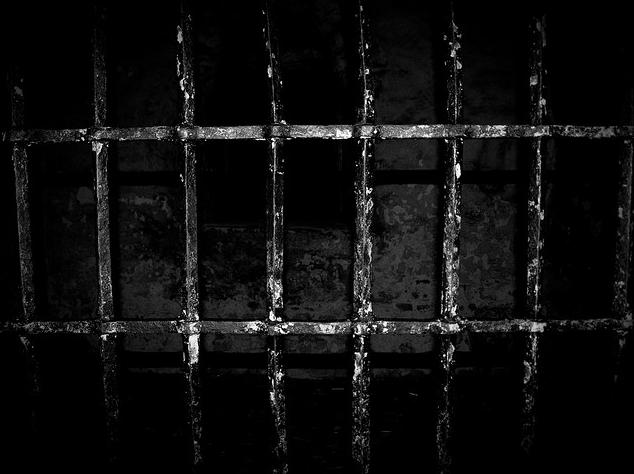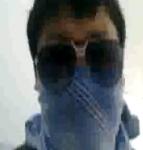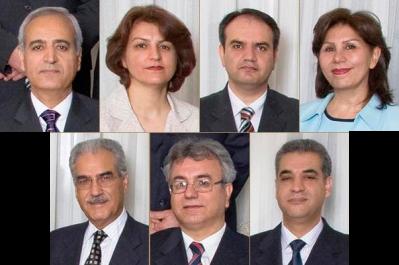
This has been a strange summer in Kyrgyzstan. The Alatoo region is normally dry and dusty, June straight through September. Instead, everyday has been sweaty and stormy. Months of these indecisive days, thermometers and barometers soaring and plummeting and soaring again. I have always been sensitive to sudden changes in weather. Like my mind, my body seems to crave routine: give me relentless heat, but let it be relentless.
Perhaps, though, the fractured climate expresses the character of our epoch. I mean more than the Covid-19 pandemic, or the Trumpian political upheavals of the past few years. As a faith community keenly interested in the unification of humanity and the achievement of, in our view, a divine civilization, fellow Baha’is and I have been discussing at length about the nature of the sense of crisis that seems to pervade the very earth itself. I have also been discussing with a conservative Christian friend, and of course, putting the question to myself, as well. What follows here are my thoughts.
Continue reading “Decay and Adolescence”










